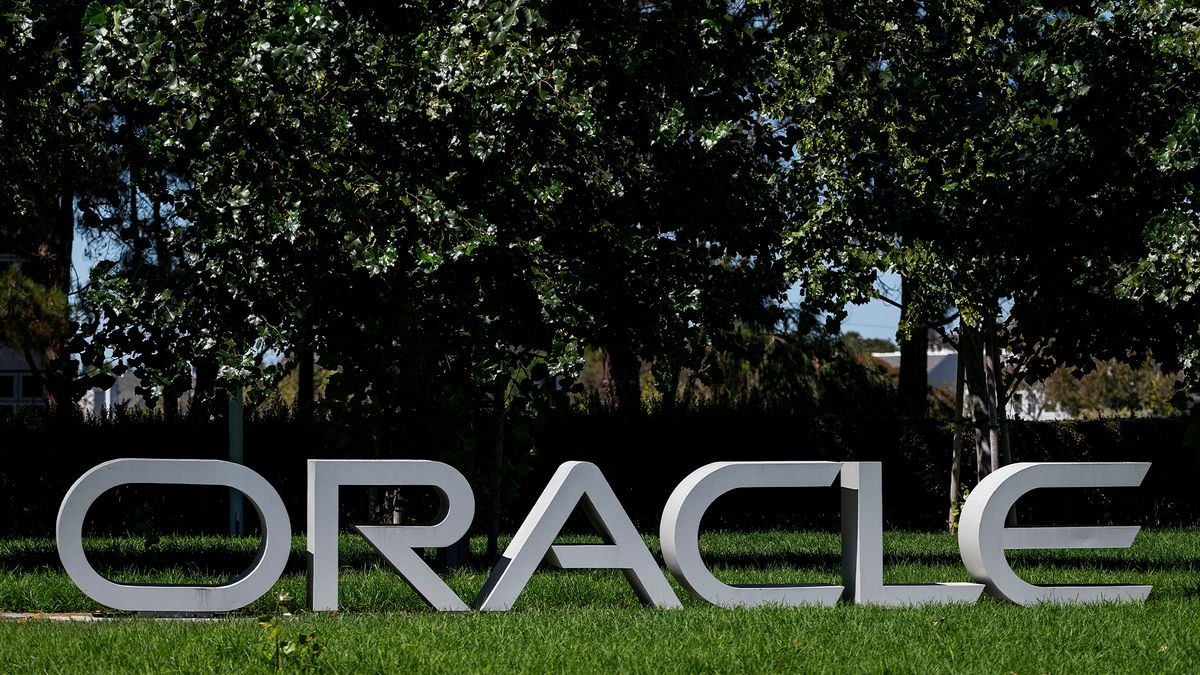The demand for sovereign cloud capabilities is “truly global” according to a senior figure at Oracle, and the company intends to fully capitalize on this trend in the year ahead.
Speaking to ITPro at a roundtable at Oracle CloudWorld 2024, Scott Twaddle, SVP of Oracle Cloud Infrastructure (OCI), product and industries, described the burgeoning sovereign cloud computing market as “fascinating” in its scope, going on to detail the range of areas in which it’s gaining traction.
In New Zealand, for example, one of Oracle’s partners is working to build out a sovereign cloud that is “able to better serve the government” via existing relationships and ownership structures.
“We’re also seeing huge demand in the Middle East, we’re seeing it in Japan, we’re seeing it in Europe as well,” Twaddle said.
“I can’t really think of an area of the world where we’re not seeing interest here, and where we don’t already have customers in active conversations,” he added.
The only differentiating factor is the “actual deployment model” used within these regions. Twaddle said they are even seeing demand in some of the smallest or least populated countries across the globe, though he was not at liberty to specify which ones.
The Oracle exec’s comments come just months after the firm’s co-founder and CTO Larry Ellison made similar points about the popularity of sovereign cloud to attendees during an earnings call.
Ellison claimed that “pretty much every government” will likely want their own sovereign cloud and dedicated region in the coming years, noting also that Oracle is well placed to fulfill that demand.
He said at the time that the firm had a “number of countries” they were negotiating with to establish sovereign clouds within regions.
The CTO touched again on this topic during his 2024 CloudWorld keynote, stating that countries are “very concerned that their data remains sovereign – they want their data in their country.”
“We can build those countries’ sovereign clouds,” Ellison said, mentioning Serbia and Thailand by way of example.
“We built … these sovereign clouds, where they can keep all their government applications in a dedicated private cloud where there’s only government applications,” Ellison said.
Oracle has a leading edge in cloud sovereignty
The firm’s cloud is uniquely geared for sovereignty, according to CIO Jae Evans, who also noted the great demand Oracle is seeing for sovereign clouds across the globe as more nations look to maintain control of their data.
Evans told ITPro there are “quite a few nation states” exploring how to maintain robust data sovereignty standards within their geographical region while also ensuring data is directly managed by people within those regions from an operational perspective.
“We’re able to do that because of the way we built our cloud,” Evans said at a CloudWorld Q&A session.
Oracle has the advantage of being able to start from a “small footprint,” she added, as opposed to the “mega cloud” offerings of other providers which have hundreds and hundreds of racks.
“A lot of these nation states, they don’t want to be in the public cloud,” she said. “We’re able to provide the same set of resources – same set of features, same set of functions – in a smaller footprint.”
“That then enables us to be able to deploy these smaller regions and provide the operation capabilities from a sovereignty perspective in the respective countries or geographic borders,” she added.
Oracle isn’t alone in its sovereign cloud strategy, with a number of other major providers also ramping up investment in this area. In May, Amazon Web Services (AWS) unveiled plans to launch its own dedicated sovereign cloud offering in Europe as part of a €7.8 billion investment.
The hyperscaler plans to roll out the AWS European Sovereign Cloud between now and 2040, and will see the firm develop sovereign cloud infrastructure in the German state of Brandenburg.
Source link
